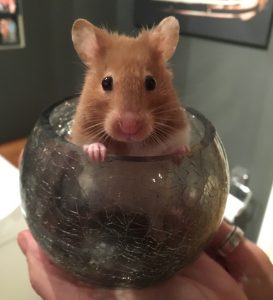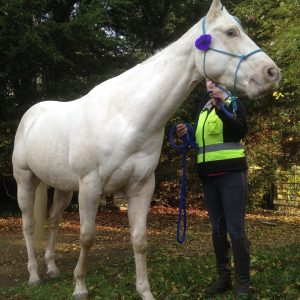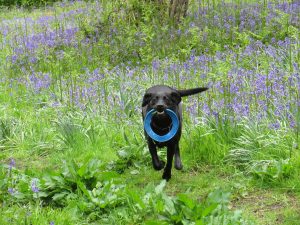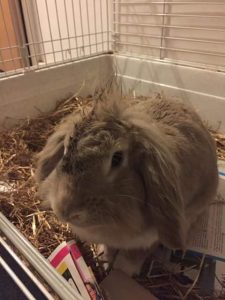This year falling on 15 January, World Religion Day is about celebrating religious diversity, as well as encouraging religious and non-religious people alike to better understand the beliefs of others, and recognise the similarities that all religions share.
First proclaimed by the Baha’i faith in the US in 1950, it has since been celebrated annually on the third Sunday of January with events, concerts, celebrations and inter-faith dialogue aimed at peace and understanding. Below are some facts about the global religious landscape, and how it is projected to change in years to come…
- Christianity, Islam and Hinduism are the three most commonly followed religions in the world.
- There are around 4,200 religions across the world.
- Between 2010 and 2050, the global Christian population is projected to increase by 35%, and the Muslim population is projected to increase by 73 percent.
- Latin America is home to nearly 40 percent of the world’s total Catholic population.
- By 2050, four out of every 10 Christians in the world will live in sub-Saharan Africa.
- India is projected to have the largest Muslim population of any country in the world in 2050, surpassing Indonesia.
- Worldwide, more than eight in ten people identify with a religious group.
- Roughly one in six people around the globe have no religious affiliation.
- More than three quarters of the world’s population that are “unaffiliated” with a particular religion are concentrated in Asia and the Pacific.
E&D Competition of the Month: World Religion Day
Remember that World Religion Day is this month’s prize competition topic. To be in with a chance of winning a £20 amazon voucher, simply submit an effort you have made to engage with this topic to College. This competition is open to all CAW students and staff, submissions should be sent to marketing@caw.ac.uk, or handed in at your centre, by Wednesday 25 January 2017.


















